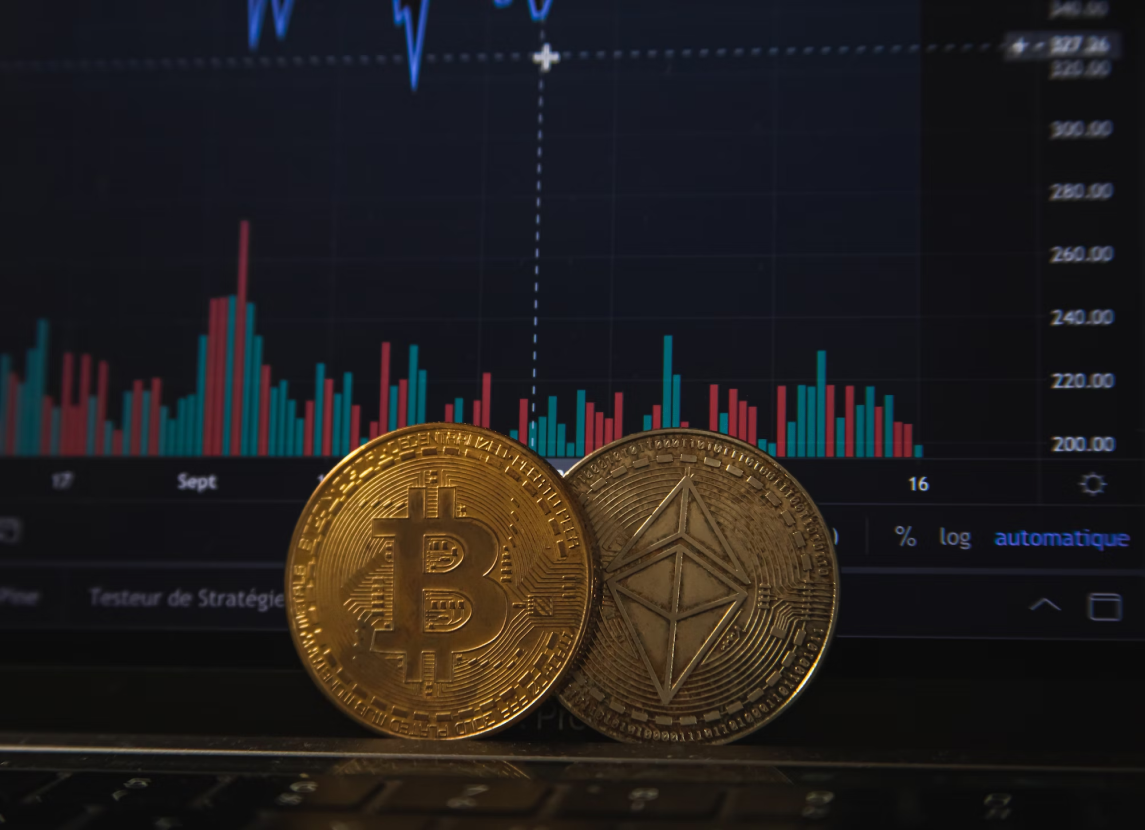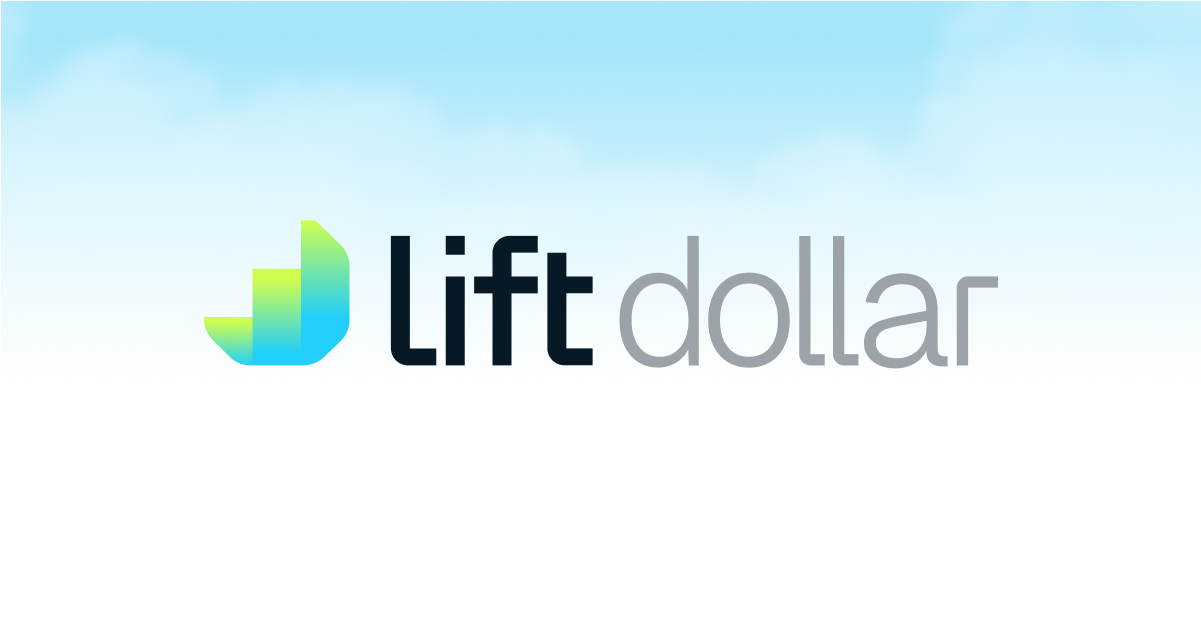In the dynamic landscape of Nigeria’s crypto market, recent regulatory proposals have sparked discussions among industry experts and stakeholders in the country. The suggested increase in crypto registration fees and government restrictions on peer-to-peer (P2P) platforms have raised concerns but also highlighted potential opportunities for collaboration and innovation.
Nigeria’s SEC increases crypto registration fee
A report from Nigeria’s Securities and Exchange Commission (SEC) recommended amending rules for platforms offering crypto services, proposing a significant hike in registration fees for crypto exchanges from 30 million naira ($18,620) to 150 million naira ($93,000). This proposed increase has drawn attention to the challenges faced by crypto exchanges operating in Nigeria and their ability to adapt to evolving regulatory requirements.
Ray Youssef, CEO of NoOnes and a prominent figure in the crypto space, provided insights into the potential implications of these regulatory changes. Youssef, who co-founded Paxful, a P2P exchange, noted that while the fee increase may attract larger players like Coinbase to the country’s market, it also signals a shift towards limiting P2P services, particularly in response to foreign exchange challenges.
The country’s crypto market has shown a strong preference for P2P trading, making it a cornerstone of the ecosystem. However, government restrictions aimed at addressing foreign exchange concerns could pose significant hurdles for exchanges that rely heavily on P2P transactions. Despite these challenges, Youssef remains optimistic about Nigeria’s potential to navigate these regulatory complexities and maintain its position as a key player in the global crypto landscape.
Opportunities amidst regulatory evolution
The lifting of the CBN’s ban on crypto transactions in December 2023 marked a pivotal moment for the industry, allowing crypto exchanges to apply for licenses and operate more openly in the market. This regulatory shift signaled a recognition of the growing influence and importance of cryptocurrencies in the country and globally.
Youssef also commented on recent partnerships between crypto firms and the Nigerian government, such as Gluwa’s collaboration to enhance the adoption of the eNaira, Nigeria’s central bank digital currency (CBDC). While these partnerships present opportunities for innovation and collaboration, they also underscore the need for a balanced regulatory framework that fosters growth and protects investors and consumers.
Despite recent challenges, Nigeria remains one of the most crypto-obsessed countries globally, as evidenced by the high volume of Google searches related to cryptocurrencies. This enthusiasm reflects a strong interest and potential for continued growth and innovation in the Nigerian crypto market.
Nigeria’s crypto market faces regulatory hurdles with proposed fee increases and P2P platform restrictions. However, stakeholders like Youssef see these challenges as opportunities for collaboration, innovation, and continued growth in the industry. Balancing regulatory requirements with market dynamics will be crucial in shaping the future of Nigeria’s crypto ecosystem.





